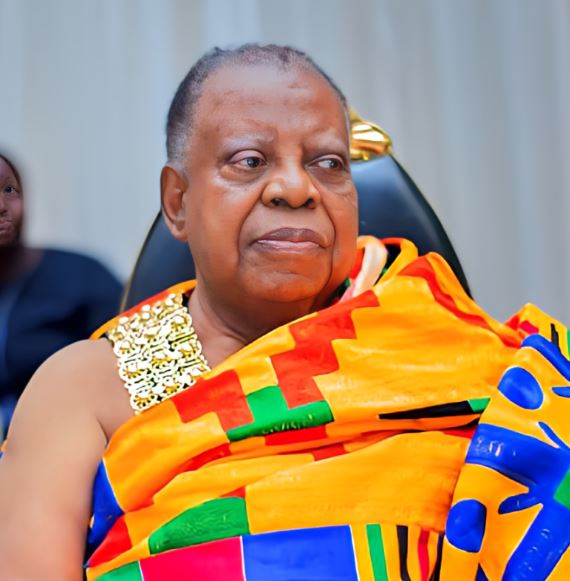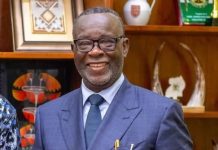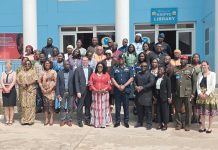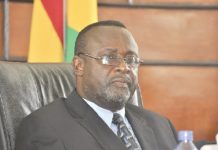Nana Dr. SKB Asante, Ghana’s former Solicitor-General and Chairman of the Ghana Arbitration Centre has emphasised the need for a more strategic, well-prepared approach to international negotiations.
Delivering a lecture at the conference of public sector lawyers, titled “Taking International Negotiations Seriously,” held in Accra recently, Dr. Asante highlighted the growing complexity of international dealings and the need for countries, especially developing ones, to prioritise training and resources in negotiation processes to secure their national interests.
Drawing from his extensive career, including his role as Director at the United Nations Centre on Transnational Corporations in New York, Dr. Asante underscored how international negotiations have evolved, citing that the technical nature of these discussions demands a specialised skill set.
He noted that while many countries acknowledge the importance of well-prepared negotiators, a prevailing complacency persists, regarding the availability of expertise.
Judgement Debt and Economic Management
Addressing the critical issue of judgment debts, Dr. Asante explained that international tribunals and courts operate strictly within the legal frameworks of existing agreements, with little room for restructuring unfair or defective agreements.
Dr Asante stressed that the burden of avoiding such debts lies in sound economic management and adept negotiation skills.
He argued that a nation must invest in cultivating sophisticated negotiation skills and amassing relevant data to support negotiations.
Dr Asante cautioned that even the well-trained negotiators could fail to deliver viable outcomes if the negotiation process lacks integrity and prioritizes private interests over the national good.
Lessons from Ghana’s Resource Agreements
Citing the example of Ashanti Goldfields Corporation negotiations, Dr. Asante noted the need for robust legal and technical frameworks in natural resource agreements.
He explained that understanding joint ventures, production-sharing agreements, service contracts, and other complex arrangements are vital for a country to protect its resources.
Dr Asante also urged that in financial and joint-venture agreements, negotiators must be well-versed in provisions such as lender and borrower obligations, debt-equity ratios, security arrangements, dispute settlement mechanisms and international arbitration.
This, he noted, was crucial to safeguarding national interests in transactions involving substantial financial commitments.
Discussing the intricacies of international dispute settlement, particularly arbitration, Dr. Asante pointed to international bodies such as International Centre for Settlement of Investment Dispute (ICSID), International Criminal Court (ICC), International Court of Arbitration, and the Ghana Arbitration Centre.
He emphasised that navigating arbitration requires distinct expertise and that nations need to establish dedicated institutions and frameworks to handle disputes effectively.
Dr. Asante highlighted China as a model, noting that the nation has effectively mastered information from external sources to devise complex arrangements in international transactions.
He quoted a 2013 report from the Kofi Annan Foundation, emphasizing Africa’s need to build the expertise required to benefit fully from its natural resources.
He warned that many developing countries remain passive in international negotiations, often deferring to project structures proposed by foreign corporations without thorough assessments.
He urged countries to take an active role in defining the scope and priorities of projects, securing investor partnerships and tailoring contractual arrangements to align with national goals.
Ensuring Comprehensive Preparation for Negotiations
Dr. Asante stressed the importance of thorough preparation, from conducting pre-investment feasibility studies to understanding the negotiating power relative to the corporation involved.
He also advocated for careful selection of negotiating teams and ensuring they have clear political backing.
As Ghana continues to engage in international business transactions, Dr. Asante expressed satisfaction that the country can draw on a wealth of local expertise.
However, he reiterated the need for continual investment in training, strategic planning and institutional support, underscoring that the success of international negotiations depend on a robust combination of knowledge, integrity and commitment to the public interest.









